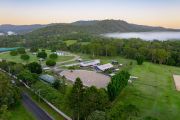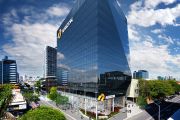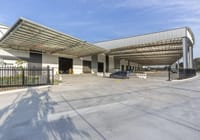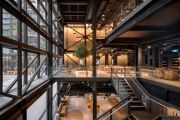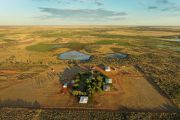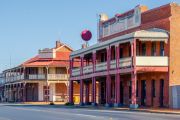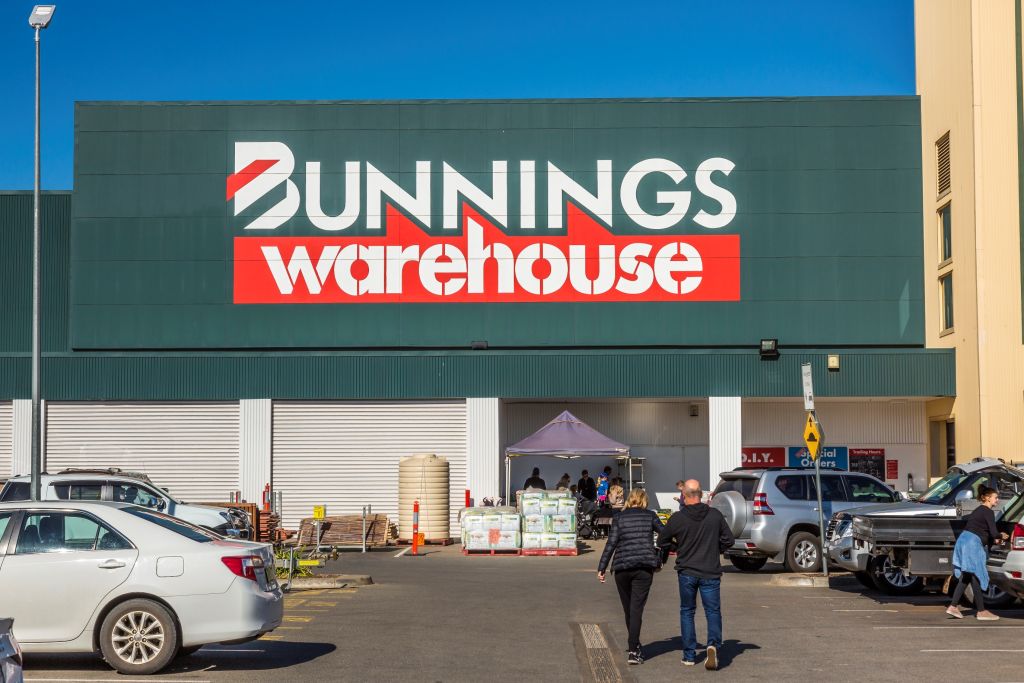
The biggest commercial property transactions in Australia of 2019
The number of commercial property deals in 2019 has dwindled below the long-term average despite total transaction values looking set to eclipse those of the year prior, according to new figures.
In 2019, about 640 transactions were recorded in Australia, some 30 per cent lower than the five-year average of 983, preliminary figures from CBRE found.
Total sales for the year are about $37 billion, which is just shy of the $38 billion recorded in 2018, CBRE head of capital markets research Ben Martin-Henry said.
He predicts that 2019 will be on par with the past five years, as there are still a handful of significant deals in the works, so it is likely that 2019 will surpass 2018 levels but not “in any consequential way”.
“The total dollar value, however, masks an underlying quietness in the market as the number of transactions is (about) 30 per cent down on the five-year average,” Mr Martin-Henry said.
“This result indicates that owners have been reluctant to divest assets as they are keenly aware that they will struggle to redeploy the capital raised from divestments.”
CBRE’s preliminary breakdown of core asset deals worth more than $5 million shows that the office sector has led the commercial property market in 2019, with national sales volume clocking up $22.92 billion across 218 transactions.
Topping all deals for offices in the 12 months to December 2019 was the $1.476 billion sale of the 105,000-square-metre commercial and hotel development at 80 Collins Street, Melbourne. Purchased by Dexus, it is made up of two office towers – one existing and one yet to be built – and a 255-room hotel component.
The retail sector picked up $6.72 billion worth of deals across 151 sales, and the industrial sector saw $5.43 billion worth of activity across 224 deals.
The biggest sale in the retail sector in 2019 was the 50-per-cent stake in Westfield Marion in Adelaide’s Oaklands Park, which changed hands for $670 million. The half share in the 136,778-square-metre shopping centre – the 11th largest in the country – was acquired by Moelis Australia, a subsidiary of Singapore-based SPH REIT.
And in the industrial property market, the most significant transaction was the $183.6 million sale of an 89,245-square-metre distribution centre at 105-137 Magnesium Drive, Crestmead in Brisbane’s south. Purchased by Charter Hall REIT, it was one of three industrial asset sales above $100 million in the Queensland capital this year.
Notably, market research indicates that none of the biggest deals of the year in the three core asset classes were in NSW.
m3 property’s research director Jennifer Williams said overall, it has been the office sector that has benefited the most from the low cost of debt this year, with sales activity in the national office market in 2019 already reaching the level of 2018 before the year’s end.
Tenant demand in many markets saw the most significant growth from the technology sector and co-working and serviced offices industries.
The retail sector is facing headwinds, including low wages growth, competition from online retailers and negative consumer sentiment, Ms Williams pointed out.
“(Retail property) sales activity has been low over 2019 to date, compared to recent years with several recent transactions occurring at discounts to book value,” she said.
“While it has been a tough year for retail property, many of the owners have undertaken refurbishments of key centres and activity in these refreshed centres appears to have increased.”
The best performers in the retail property market in 2019 have been standalone supermarkets and hardware stores due to solid trading condition and long-term leases.
And while sales volumes in the industrial property market have been “solid” this year, Ms Williams said they are not expected to reach the same level seen in 2018.
While the sector’s overall growth is likely to slow in the next 12 months, the market still has a positive outlook.
“(Industrial) land remains sought-after in most states, and the price of land has therefore skyrocketed in many markets over 2019. Sydney (is) leading the pack with growth of around 20 per cent,” she said.
“The continued growth of online retailing has helped drive the strong performance of the industrial sector, making it arguably the best performing of the sectors when looking on a national basis.”
